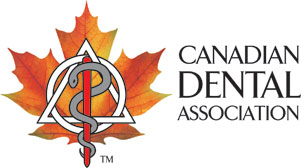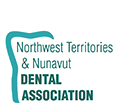The CDA strongly discourages oral piercings and jewelry because of the unacceptable level of risk associated with these procedures. Dentists are concerned about infection, bleeding, nerve damage, toxic shock, permanent drooling, impaired sense of taste, or distant infections of the liver, heart or brain that have been reported. They are also concerned with increased risk of longer term complications associated with aspiration, allergy or damage to the adjacent teeth/tissues, including tooth fracture and gum recession, which necessitates treatment.
Serious infections led Health Canada to issue Infection Prevention and Control Practices for Personal Services, Tattooing, Ear/Body Piercing, and Electrolysis in 1999. These may be accessed at: http://www.gov.mb.ca/health/publichealth/environmentalhealth/protection/docs/11884169_25s3.pdf (accessed 2012-11-22)
The CDA acknowledges that despite the risk many patients will consider and proceed with oral piercings. In such circumstances the CDA recommends patients:
- Consult their dentist prior to considering an oral piercing.
- Obtain information about (a) experience of the artist, including complication rate (b) infection control practices and (c) after-care instructions.
- See their dentist following an oral piercing for specific recommendations for hygiene and management of existing piercings to ensure they are well informed about the possible oral and systemic side effects and discuss potential preferred materials for tooth jewelry to reduce the potential damage to their mouths and teeth.
CDA Board of Directors
Originally Approved: January 2006
Revised: February 2019











